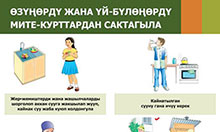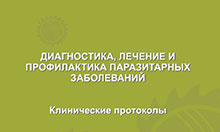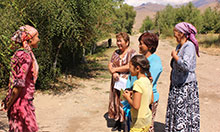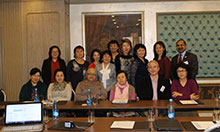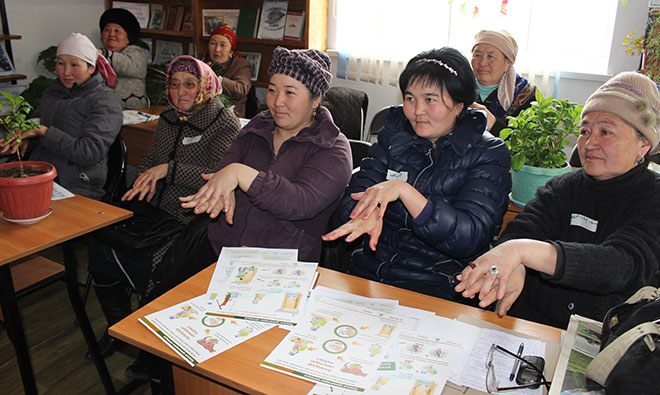
SPRING/Kyrgyz Republic provided support and technical assistance to the national deworming working group to update the national clinical protocol on deworming and to update strategies and communications materials for future deworming campaigns and helminth infection prevention initiatives. The working group consisted of 10 national-level specialists in the areas of helminth control and evidence-based medicine. The Ministry of Health approved the new protocol in January 2017.
Helminth infection is a significant but overlooked public health problem throughout the Kyrgyz Republic—contributing to malnutrition and anemia among women and children. Regional surveys conducted from Issyk-Kul to Batken over the last ten years have shown infection rates among children varying from 32% to 85% due, in part, to unsafe drinking water and poor sanitation. Lack of awareness about helminths and practices to prevent helminth infection are key contributors to the high rates of infection.
The new Deworming Clinical Protocol will be disseminated throughout all levels of the health system so that all medical facilities in the Kyrgyz Republic will be prepared to address helminth infections more effectively. Future deworming campaigns and initiatives will target pregnant women for the first time, in accordance with a new recommendation from the World Health Organization.
SPRING will provide copies of the new protocol with health workers and facilities in Jalalabad and Naryn and will include helminth prevention and treatment messages in our community outreach to all program beneficiaries.
